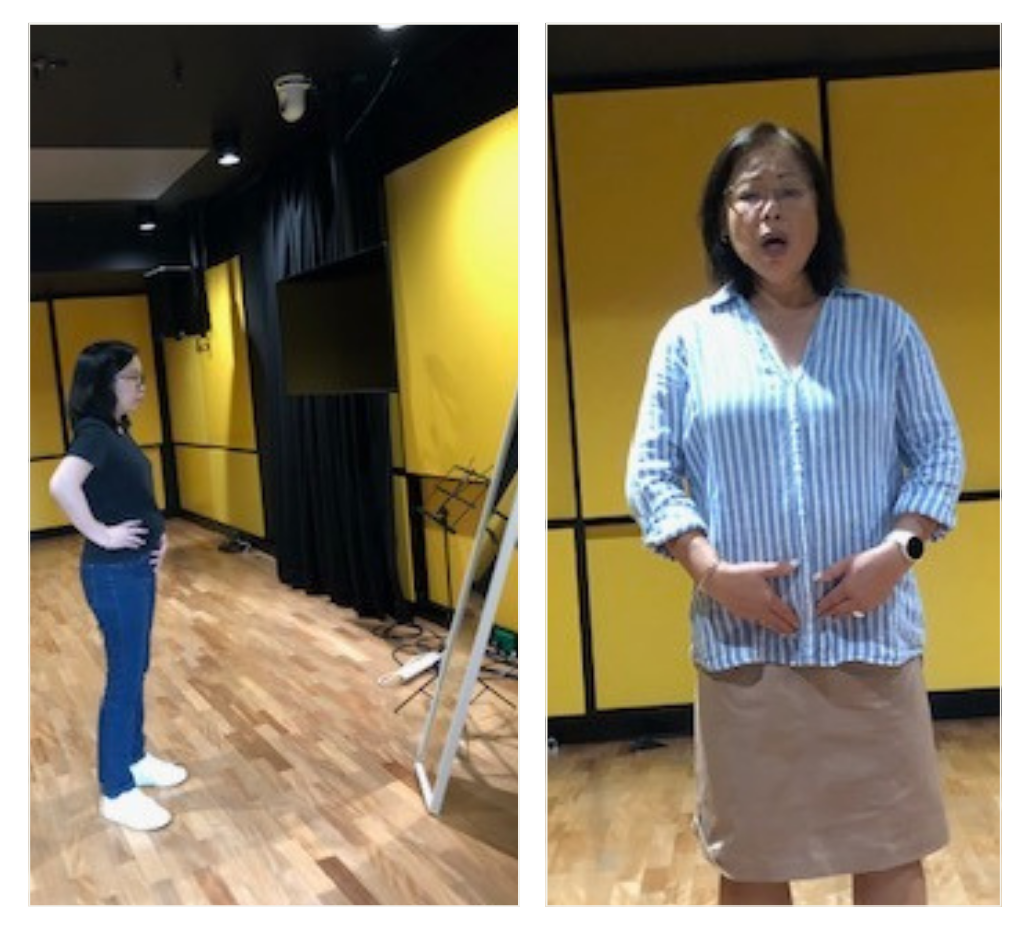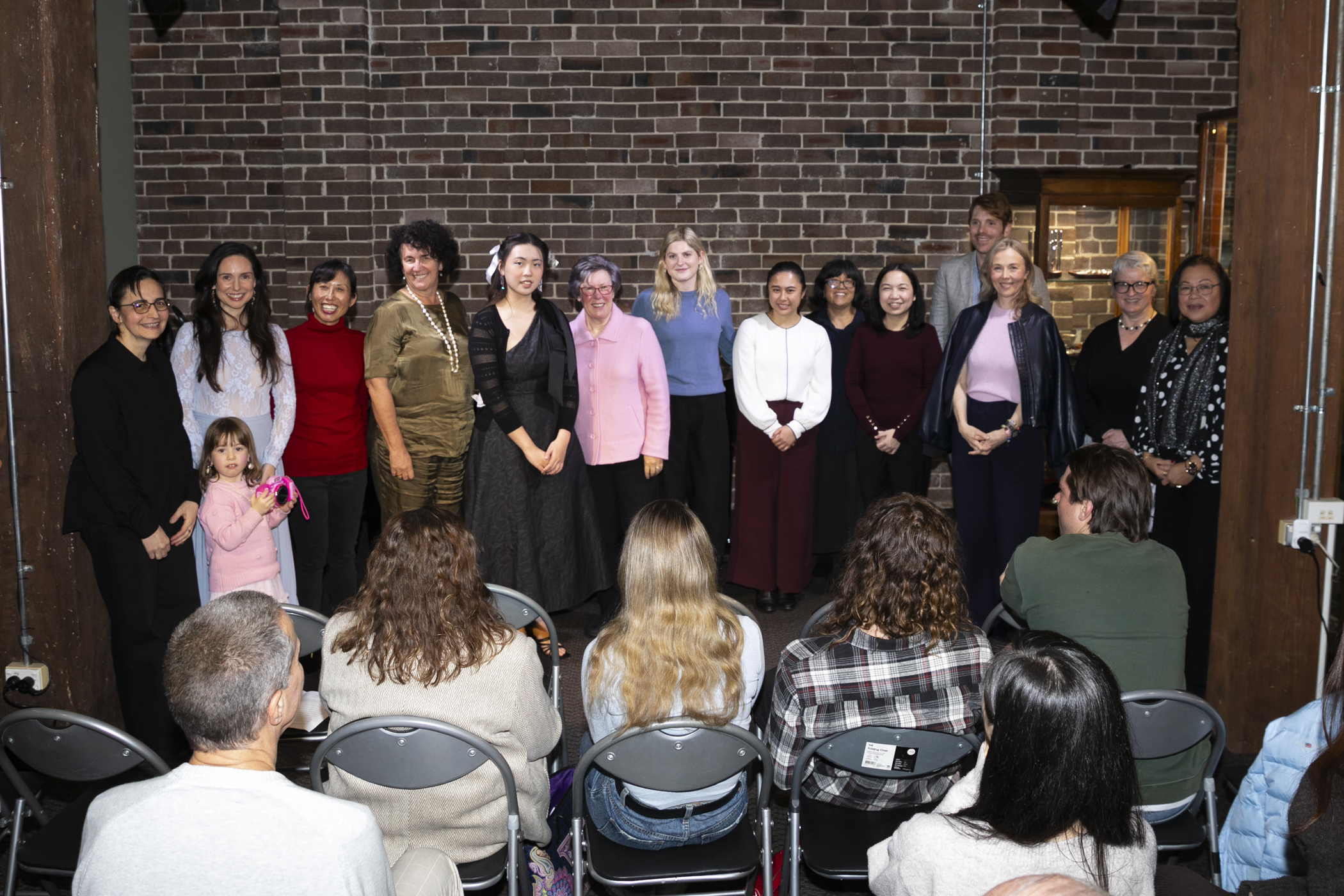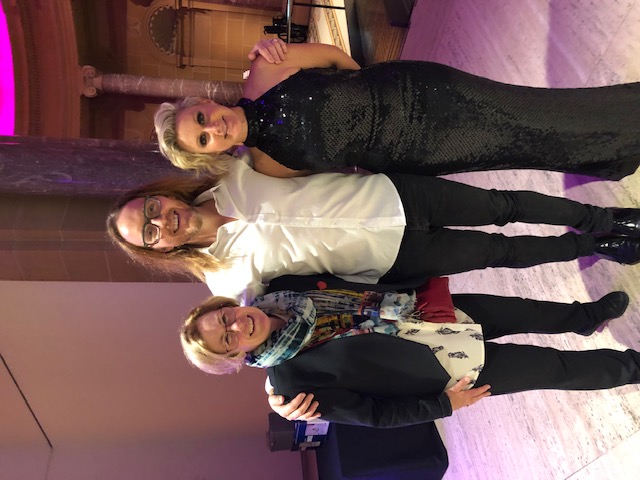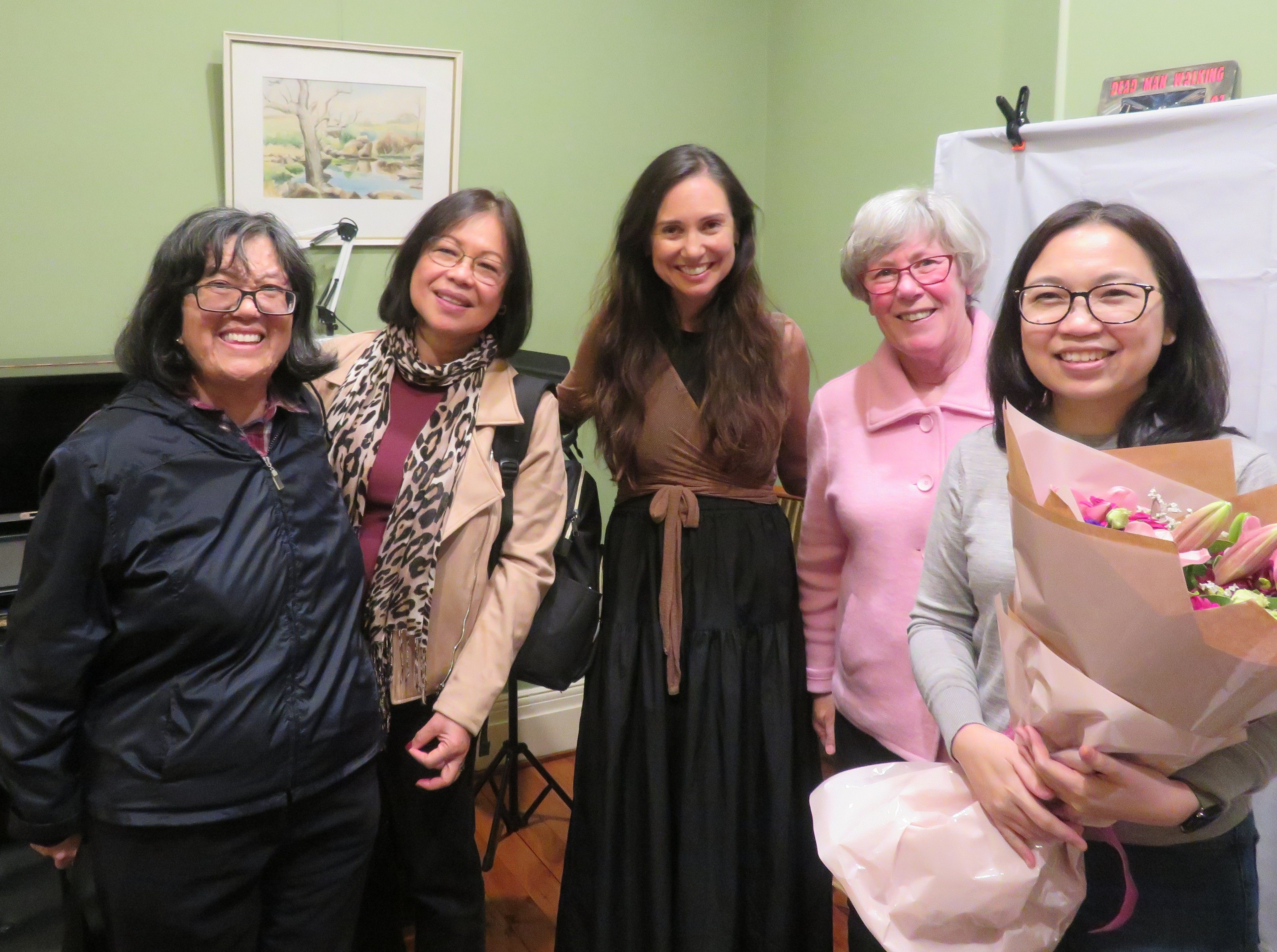How motor learning revs up your singing skills development
Some beginning singers think that copying the style of their favourite music artist will help them sing better. And some singing teachers are fixed to the idea that there is only one correct way to teach singing.
But singing training isn’t one-size-fits-all. When learning a new voice skill, what works for you as a singer might not work for another, because our bodies and minds are all built, and function, differently.
Ongoing research and opinion on performance training – whether for sport or singing – shows that a more successful approach involves adapting the learning of new techniques to suit a performer’s limitations, while capitalising on their strengths. As this recent Conversation article suggests, performers should be encouraged “to explore a variety of techniques and discover what works best for them, based on their unique characteristics.”
The same can be said of learning to sing. I’ve recently completed my own training in how to better train singers, using the concept of motor learning.
Motor learning partners you with your singing teacher
Simply defined, motor learning is, “a set of processes related to experience and practice that may produce relatively permanent changes in the performance of a particular skill.”
As with learning any physical skill, effort is required from both your body and mind: the attention of your brain influences the movement of your muscles. In singing, when you perform an action and notice how it feels, you train your mind to manipulate and integrate each part of your vocal apparatus, to achieve a certain singing goal – such as performing a new vocal technique (e.g. belt), iimproving resonance and projection or sustaining notes for longer.
The teacher’s job is to encourage you to pay attention to the small, specific actions you made in performing the skill, and then repeat the process. This builds a working, cognitive memory of feelings and sensations, along with ‘movement memory’. Muscle memory is a misnomer, as it’s all in your mind! Working memory helps you push boundaries to try new things and help remove mental distractions, so you can focus on the small skill you may need to repeat.
Together, a singer and teacher share feedback and ‘feed forward’ information about a task, acquired skill, and generalised learning. Feed forward is when you, as the learner, mentally assess if you’ve matched the action to the goal (e.g. relaxing your jaw on an in-breath) to have control over that skill.
Mindset matters
Being able to control your thoughts, your attention to the internal actions of your body, and your sense of sound and voice as you learn singing, is how you gradually reach your goals.
Because a singer needs to focus so much attention in a lesson, I avoid overloading their brain. Instead, we concentrate on small tasks that encourage them to notice their sense of feel and sound, and we build on those. You can see why it’s so important for a singer’s mind to be free of distracting thoughts!
Mindset also matters. Singers commonly limit themselves with their self-talk, downplaying their ability or cringing at a sound they make. It can be a hard habit to break, but with a teacher’s encouragement, it can be done, so learning to sing becomes fun.
Singer, Peta, has discovered the benefits of relaxing her self-talk:
“Being able to accept, take my time and keep learning has helped. In part, learning to sing has been about changing my mindset and my inner-self talk. Finding the joy in learning and taking the pressure off being good at singing has also helped.”
Regular practice and rewards keep you going
Motor learning becomes ingrained through regular, effective practice, to master your new voice skills. This short TED video explains the neurology of how practice makes the brain’s neural pathways more efficient, giving performers an edge. Effective practice requires a consistent, focused and targeted approach to gradually improve tricky vocal techniques, such as blending registers, or extending your range.
And rewarding yourself when you nail a technique, or even simply commit to your practice, creates incentive. Many of my students do a little happy dance when they’ve performed a skill well. Or you might give yourself permission not to practise when you’re having a bad day.
When you as a singer, and your teacher collaborate towards a goal, you can achieve powerful music making and begin to experience mastery and confidence through small, specific tasks.
Working with Kathleen Connell, you can discover the joy of learning to sing, through personalised, sustainable techniques. There’s an in-person or online singing package to suit you. Call 0402 409 106 to enquire.




